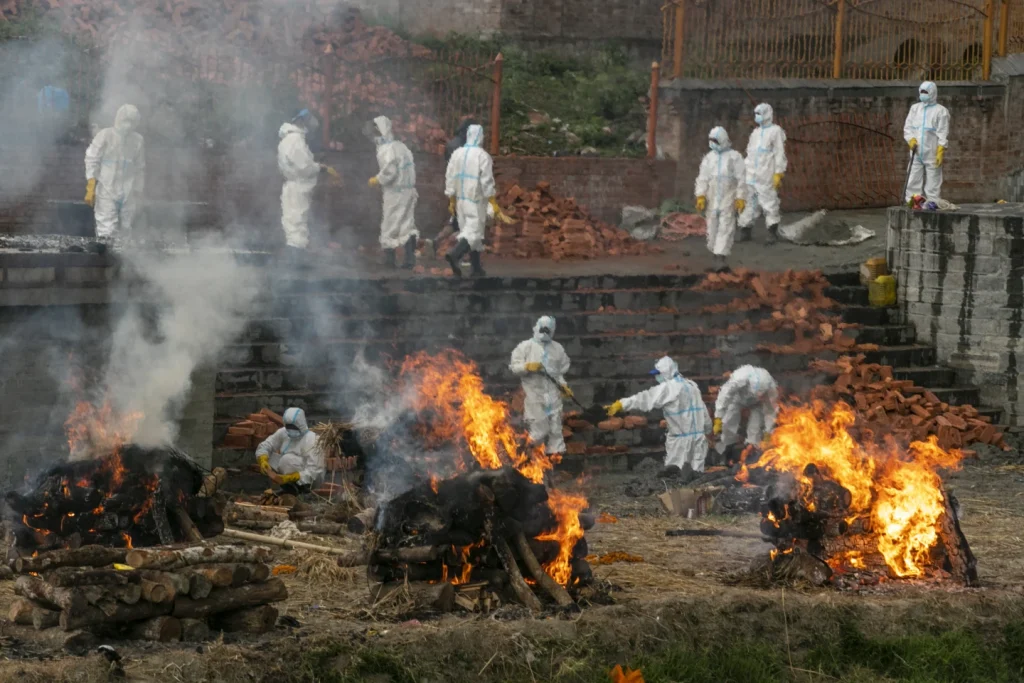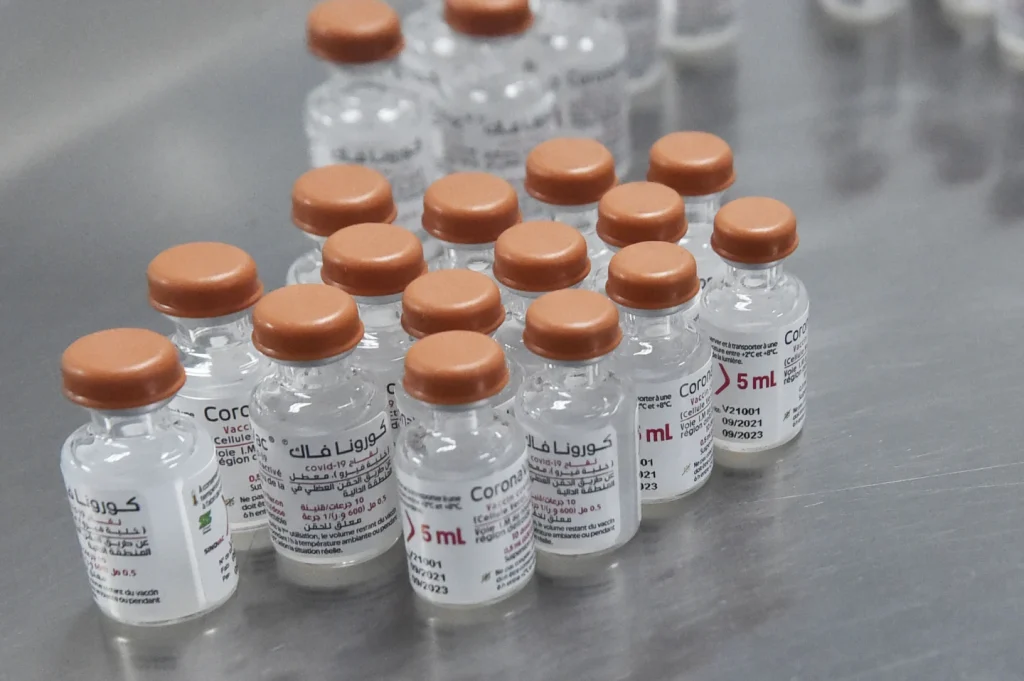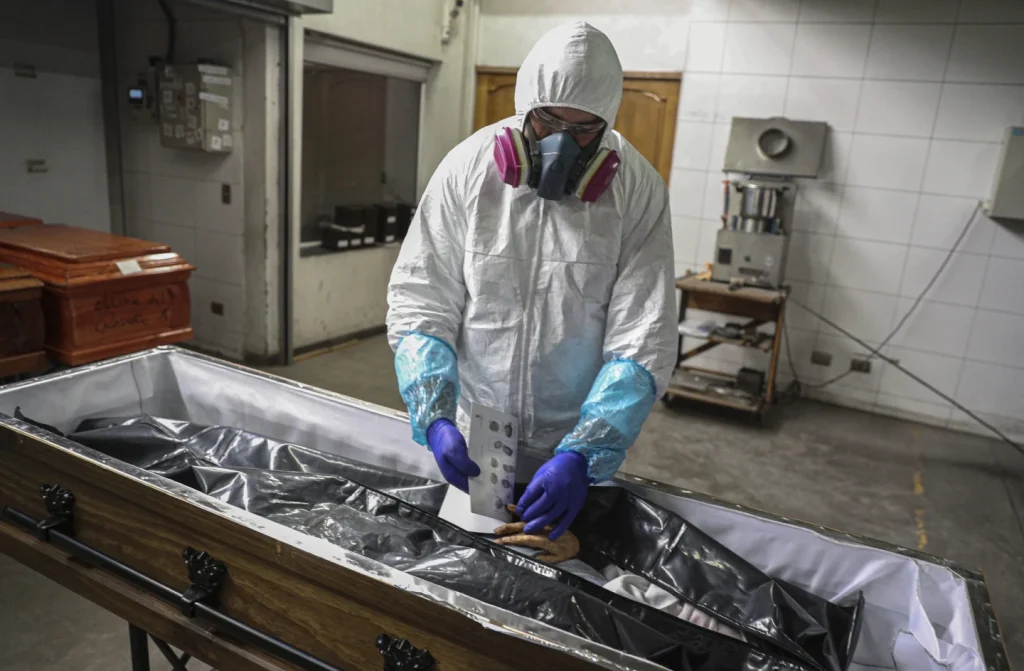In the wake of the devastating impact of the coronavirus pandemic that led to unprecedented lockdowns, economic turmoil, and widespread loss of life, global leaders and health officials at the World Health Organization (WHO) pledged to enhance preparedness and response mechanisms for future outbreaks.
However, despite these commitments, the international community continues to grapple with the challenge of formulating a comprehensive and universally accepted strategy to address future global health crises.
The ongoing negotiations surrounding the development of a “pandemic treaty” mark a crucial juncture in the quest for a coordinated and effective response to potential future pandemics.
The treaty aims to establish guidelines for member countries of the WHO to prevent and mitigate the impact of future outbreaks, as well as to facilitate the equitable distribution of essential resources during health emergencies.
Nevertheless, concerns have been raised regarding the lack of enforceable measures to hold non-compliant nations accountable.
The process of drafting the pandemic treaty has been characterized by intense deliberations and divergent viewpoints among participating governments, advocacy groups, and other stakeholders.
The looming deadline for finalizing the accord at the WHO’s upcoming annual meeting underscores the urgency of reaching a consensus on key issues. However, significant disagreements persist, threatening to derail the negotiation process.
Criticism from various quarters, such as the recent objections raised by U.S. Republican senators and the cautious stance adopted by the British government, highlights the complex political dynamics surrounding the treaty.
The contentious issues of intellectual property rights, national sovereignty, and equitable access to vaccines and treatments have emerged as major points of contention, reflecting the divergent interests and priorities of different nations.
Moreover, developing countries have voiced legitimate concerns about the potential inequities inherent in the treaty, particularly regarding the sharing of virus samples for research purposes and the subsequent affordability of resulting medical interventions.
The failure to address these disparities risks perpetuating the existing divide between wealthy and less affluent nations in terms of healthcare access and outcomes.
As noted by experts like Professor Sara Davies, the noble aspirations of the pandemic treaty must be tempered by a realistic assessment of the complex political realities at play.
The stark disparities highlighted by the divergent distribution of COVID-19 vaccines serve as a stark reminder of the urgent need for a more equitable and inclusive approach to global health governance.
In conclusion, the ongoing efforts to negotiate a pandemic treaty underscore the critical importance of international cooperation and solidarity in addressing global health challenges.
While the road ahead may be fraught with obstacles and disagreements, the imperative of forging a consensus-based framework for pandemic preparedness and response remains paramount.
Only through genuine collaboration and a shared commitment to equity and solidarity can the international community hope to build a more resilient and responsive system to safeguard public health in an increasingly interconnected world.
The recent draft proposal from the World Health Organization (WHO) regarding the distribution of pandemic-related products has sparked a global conversation about the need for international cooperation and transparency in times of crisis.
The draft suggests that WHO should receive 20% of the production of essential products such as tests, treatments, and vaccines, while also calling for countries to disclose their agreements with private companies.
This proposal aims to create a more equitable distribution of resources during pandemics and to hold countries accountable for their actions.
However, some experts have raised concerns about the lack of enforcement mechanisms within WHO to ensure compliance with such a treaty.
David Davies, a spokesperson for WHO, acknowledged that there is no mechanism in place to penalize countries that do not adhere to the treaty.
This raises questions about the effectiveness of the proposed measures and the willingness of countries to cooperate in times of crisis.
Adam Kamradt-Scott, a global health expert at Harvard University, likened the proposed pandemic treaty to global climate agreements, suggesting that it could provide a platform for countries to hold each other accountable.
He emphasized the importance of transparency and accountability in preventing the spread of pandemics and urged governments to be transparent about the measures they have taken.
Roland Driece, co-chair of WHO’s negotiating board for the agreement, clarified that the treaty is not about imposing restrictions on countries but rather about fostering cooperation and coordination in the face of a global health crisis.
He stressed the need for countries to work together to address pandemics effectively and prevent them from spreading globally.

Despite existing legally binding obligations under the International Health Regulations, some countries have failed to comply with reporting requirements during past outbreaks.
Suerie Moon, co-director of the Global Health Center at Geneva’s Graduate Institute, highlighted the importance of determining WHO’s role during pandemics and implementing measures to prevent outbreaks from escalating.
In light of the challenges posed by the COVID-19 pandemic, some countries are taking proactive steps to ensure cooperation in future crises.
President Joe Biden’s administration, for example, has pledged to assist 50 countries in responding to new outbreaks and preventing global spread.
This initiative demonstrates the importance of international collaboration in addressing pandemics and ensuring global health security.
Yuanqiong Hu, a senior legal and policy adviser at Doctors Without Borders, expressed concerns about the lack of clarity regarding the next pandemic and emphasized the need for countries to improve their response mechanisms.

She emphasized the importance of learning from the mistakes made during the COVID-19 pandemic and called for greater accountability and transparency in future crises.
In conclusion, the proposed pandemic treaty represents a significant step towards enhancing global cooperation and transparency in the face of health emergencies.
While there are challenges to be addressed, such as enforcement mechanisms and accountability measures, the treaty has the potential to improve global health security and prevent future pandemics.
It is imperative for countries to work together and learn from past mistakes to build a more resilient and prepared global health system.
